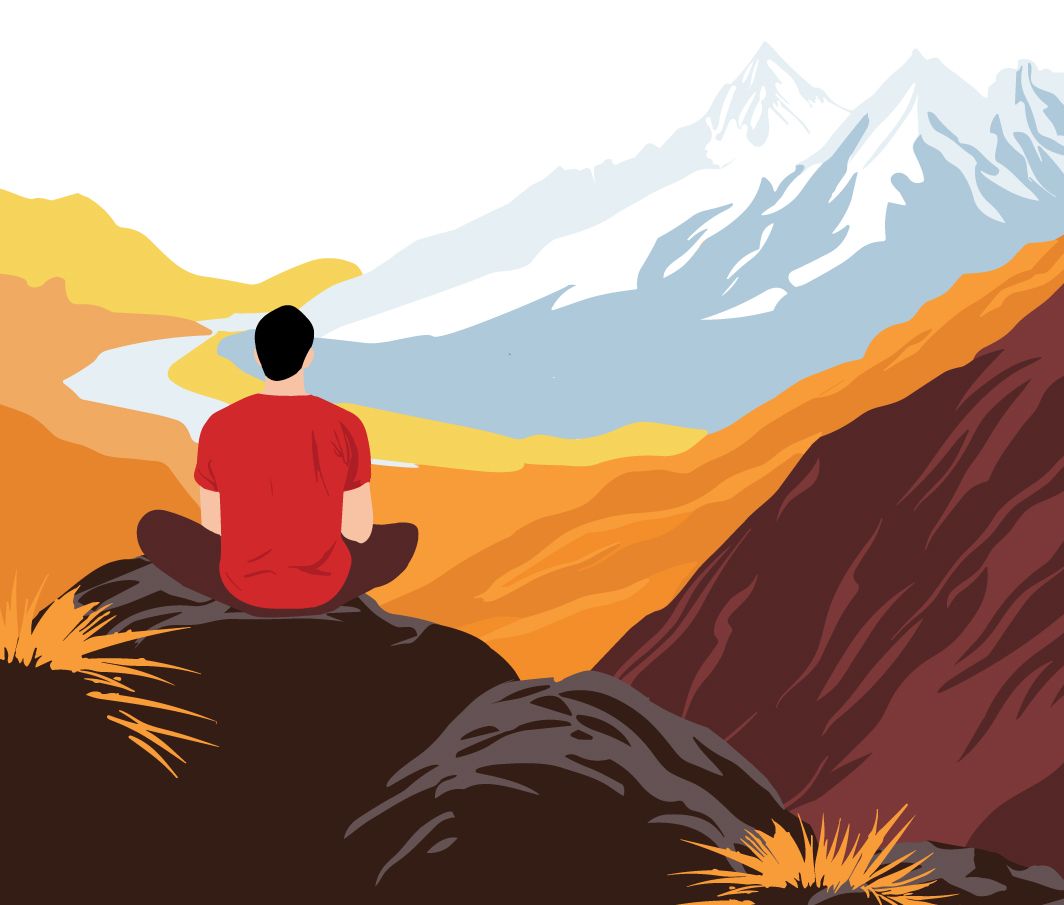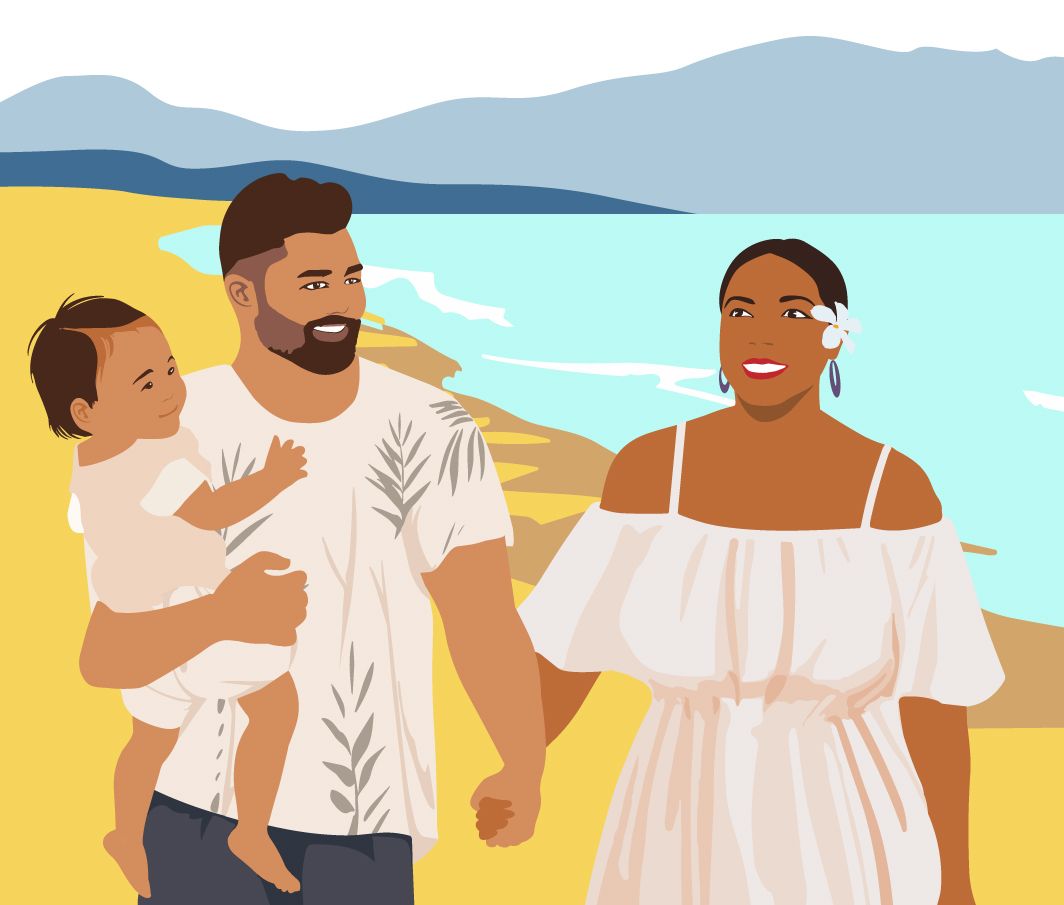Understanding mental health
He āhuatanga taumaha

He āhuatanga taumaha



This website is lovingly managed by the dedicated team at Te Whatu Ora | Health Promotion. We've collaborated with those who've bravely navigated life's challenges, skilled health practitioners and community leaders to craft this website.
We're here to offer understanding, validation and practical advice for those navigating depression and anxiety. Our mission is to lessen the impact of these challenges on New Zealanders' lives by promoting early recognition, encouraging help seeking and fostering supportive communities.
This website is lovingly managed by the dedicated team at Te Whatu Ora | Health Promotion. We've collaborated with those who've bravely navigated life's challenges, skilled health practitioners and community leaders to craft this website.
We're here to offer understanding, validation and practical advice for those navigating depression and anxiety. Our mission is to lessen the impact of these challenges on New Zealanders' lives by promoting early recognition, encouraging help seeking and fostering supportive communities.